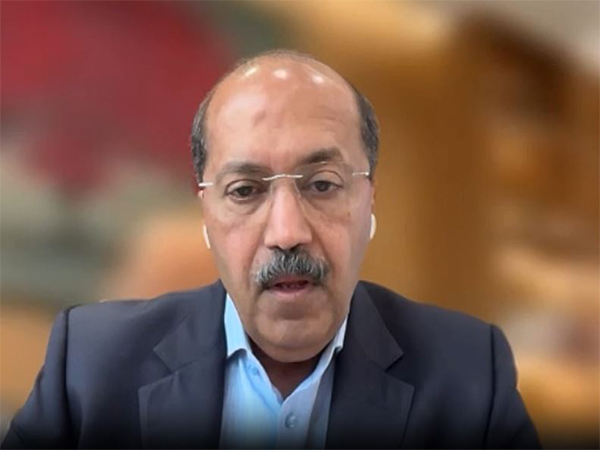India-UK Trade Pact Heralds New Era for Bilateral Business Opportunities
The India-UK Comprehensive Economic Trade Agreement (CETA) offers Indian businesses a chance to expand into UK markets, with the potential to double exports within six years. The deal aims for $120 billion in trade by 2030, covering services liberalization, public procurement, and professional mobility improvements.

- Country:
- India
The India-UK Comprehensive Economic Trade Agreement (CETA) is poised to open vast opportunities for Indian enterprises venturing into British markets, with projections suggesting a doubling of current export volumes within six years. Sanjay Nayar, President of ASSOCHAM, lauds the deal as a 'golden opportunity' that provides a structured roadmap for mutual market access while prioritizing local interests through trust.
In an exclusive interview with ANI, Nayar elaborated on the agreement's potential, stating, 'India needs to extend its export offerings beyond services into goods and trade. This agreement unlocks significant opportunities. In sectors like pharmaceuticals, electronics, and auto components, we have the means to double our exports to the UK if executed correctly.'
Aiming for an ambitious target of USD 120 billion in bilateral trade by 2030, the agreement breaks new ground by encompassing more than just tariff reductions. The CETA includes services liberalization, investment facilitation, professional mobility, and crucial access to public procurement.
Nayar highlighted, 'This FTA opens up UK public procurement for Indian IT firms, construction companies, and medical sector businesses. Indian entities can bid for government contracts across these industries.' The agreement also resolves long-standing professional mobility issues.
Addressing dual taxation concerns could save around USD 500 million otherwise lost to unnecessary contributions, enhancing the appeal for Indian professionals to the UK market. 'This significantly fosters the mobility of our professionals,' Nayar noted, underlining the positive impact on the workforce.
While commending the government's negotiation achievements, Nayar stressed the onus now rests on the private sector to leverage the agreement effectively. 'The government has completed the groundwork. Private enterprises must now transform policy frameworks into tangible market penetration and export growth.'
The path ahead for Indian businesses involves translating this policy framework into real market expansion and export growth across key sectors like technology services, pharmaceuticals, auto components, and construction. (ANI)
(With inputs from agencies.)
ALSO READ
India and US Seek Common Ground in Bilateral Trade Negotiations
Piyush Goyal Champions Global Trade at ASSOCHAM Event
India-UK FTA: A New Epoch in Bilateral Trade
India-US Trade Talks: A Step Towards a New Bilateral Trade Agreement
India Explores Bilateral Trade Advances with the US Amid Major UK Trade Deal










